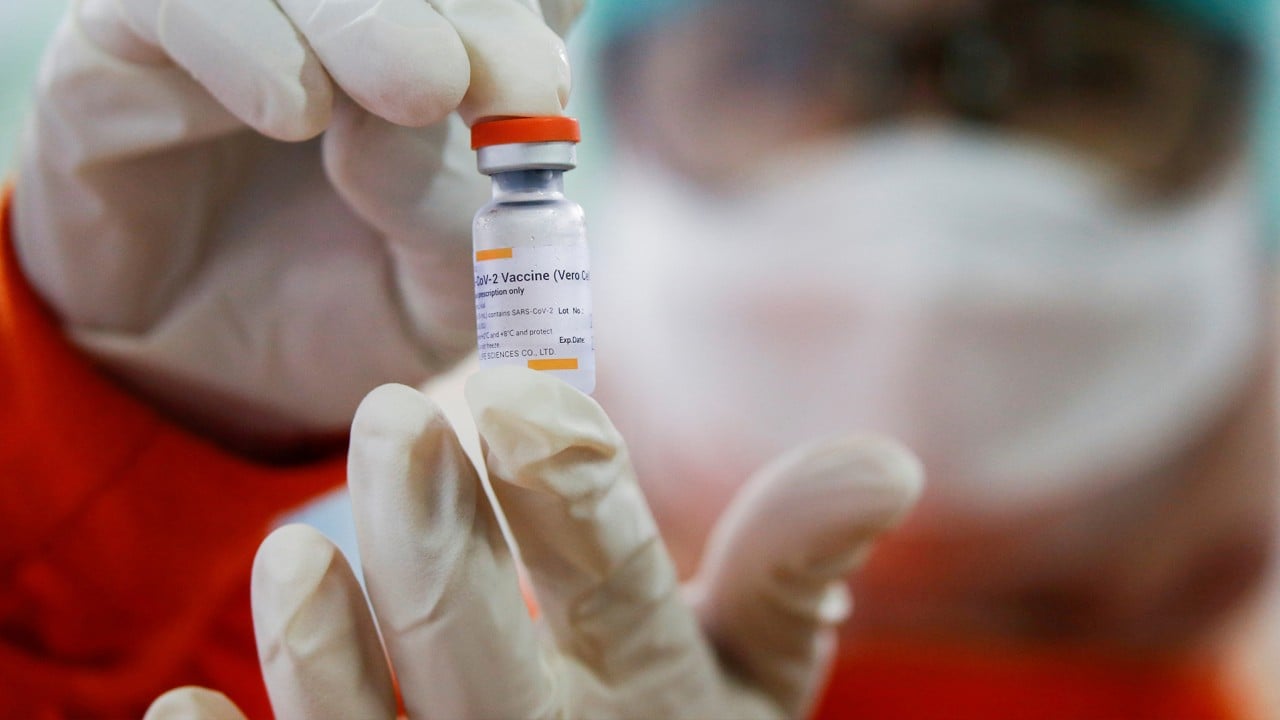
European Union’s Covid-19 travel pass discriminates against the developing world
- Restricting the certificate to only those inoculated with four EU-approved jabs exacerbates the vaccine inequality already perpetuated by the West
- The exclusion of India’s Covishield, manufactured using the AstraZeneca formula, is particularly mind-boggling
International travel to the EU is currently suspended, but once travel resumes, these rules would likely apply to international travellers as well. The “green pass”, as it is more popularly known, will disproportionately affect people of colour, discriminating widely against Asians, Africans and much of the developing world.
At first glance, the policy seems innocuous and well-meant. It’s a digital proof of vaccination, allowing vaccinated travellers greater freedom of movement across the European Union, without the need for tiresome quarantines in every country.
However, to have this privilege, travellers must have been vaccinated with one of four EU-approved vaccines – Pfizer/BioNtech, Moderna, Johnson & Johnson and Vaxzevria, the latter developed by AstraZeneca and Oxford University in Europe and the United Kingdom.
And while those assessments could possibly take time, even those who have taken AstraZeneca jabs manufactured in other parts of the world, such as India’s Covishield, have not been authorised for travel under the green pass as yet, even though these vaccines are being manufactured with the identical formula to the EU approved Vaxzevria.
It is no secret that AstraZeneca has had a rather bumpy ride with European regulators. It was authorised for use in Europe at the end of January but has since run into one controversy after another.
However, none of this explains why the UK/European-made Vaxzevria version of AstraZeneca jabs is acceptable for the green pass, but travellers who received the Indian-manufactured version of the vaccine are not.

India even threatened retaliatory action, saying it would allow ease of travel only for European countries that recognised its Covishield and Covaxin vaccines.
And in a startlingly inconsistent move since the green pass was announced, some European countries, including Estonia, Greece, Spain and Iceland, have since accepted the Indian-made AstraZeneca vaccine. Media reports suggest that they bowed to pressure, not because they realised the discrimination involved, but because they wanted to allow UK-based holiday travellers into the EU. Nearly 5 million British people have been vaccinated with batches of India’s Covishield.
In a Covid-19 world, it’s evident that vaccines are becoming the new tools of discrimination and division. Decolonising global health should be an urgent priority, otherwise medicines meant to heal will leave deep, festering wounds.
Kamala Thiagarajan is a freelance journalist based in Madurai, southern India



